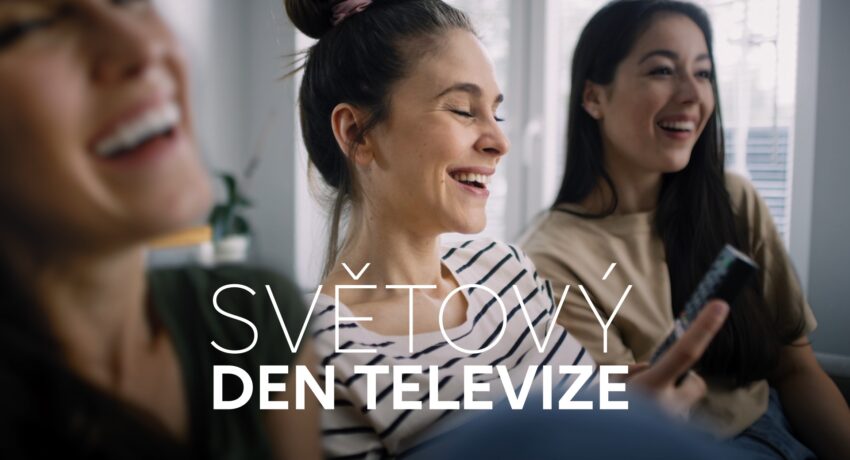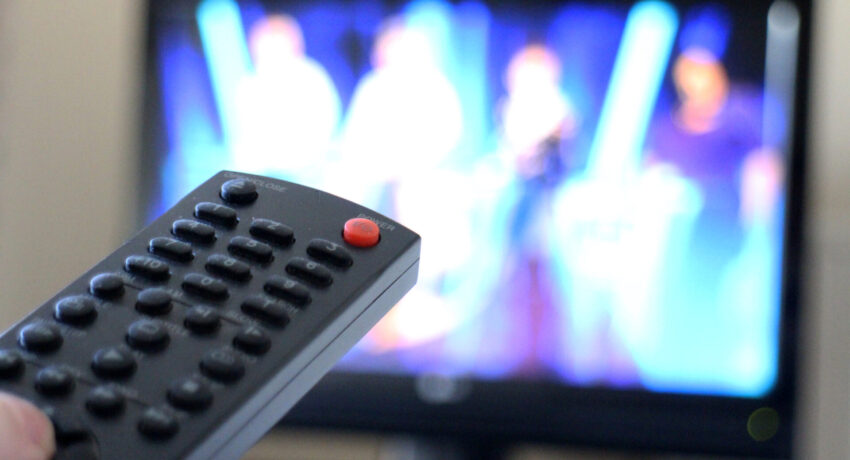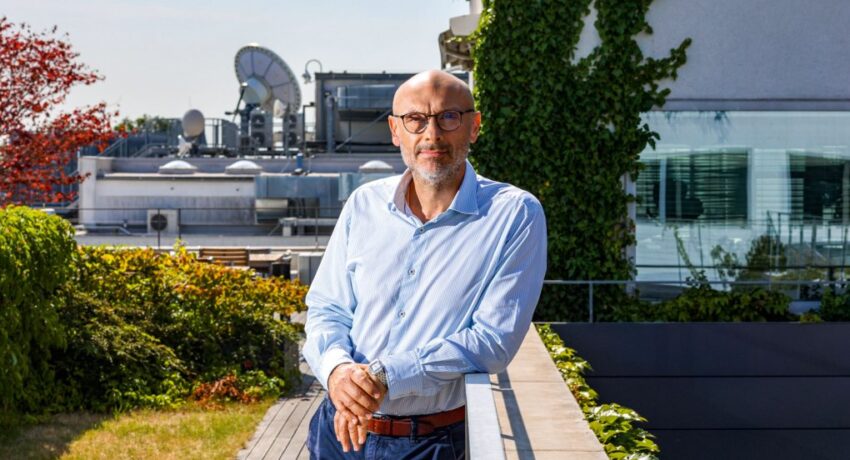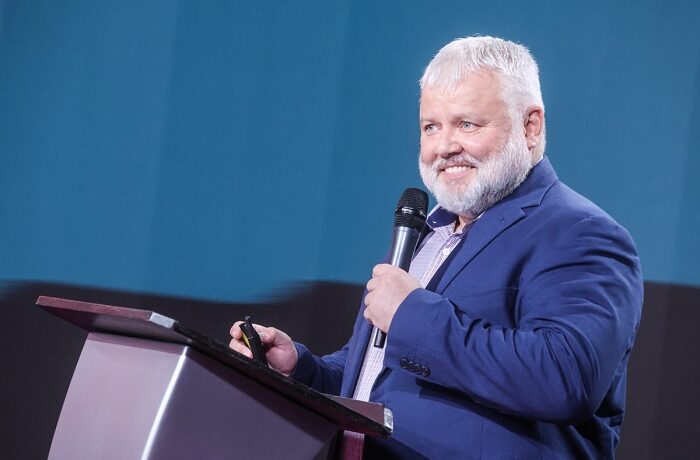TV companies around the world celebrate World Television Day on 21 November to remind us of the attention-grabbing power that Total TV holds. As part of the annual United Nations initiative, a 30 second-spot will be broadcast and shared online worldwide.
Today’s TV captivates, fascinates, and holds audiences’ attention
The 26th edition of World Television Day celebrates a global reality: TV has a way of pulling you in more than any other medium. Television is always available, at home and on the go, across all screens – large or small – live or streamed; offering both collective and feel-like-me experiences.
From the very start, television has kept its finger on the pulse of society by drawing viewers’ attention to newsworthy events and societal issues. It keeps audiences glued to the screen with information they trust, high-quality series that fascinate, movies that captivate, content that holds their attention – and more.
Attention has also become increasingly important to brands, who understand the impact of this new metric: the greater the ad attention, the greater the business results. As TV delivers one of the highest and most consistent levels of attention to both its content and advertising, it is a medium with unequalled effectiveness.
“Television plays a crucial role in bringing important issues to our attention and forming public opinion. It helps people to stay informed on the topics that matter, from peace and security to climate change, from the pandemic to inequality. It is also a symbol for global communication that can help us to find solutions to the world’s issues, together.” – Sherri Aldis, Director, UNRIC
“The TV industry continues to build a more sophisticated understanding of ad attention. As content providers and brands compete for consumers’ attention, this emerging metric will help demonstrate that TV delivers the short and long-term results both programmers and advertisers require. On World TV Day, we shine a light on the emerging attention economy and celebrate Total TV’s role in it,” asserts Katty Roberfroid, Director General, egta.
For more information, please visit http://www.worldtelevisionday.com
Press contact:
| Alain Beerens,
Head of Communications, egta Association of television and radio sales houses T : +32 2 290 31 38 alain.beerens@egta.com |
ABOUT THE GLOBAL TV GROUP
The Global TV Group is a grouping of broadcasters’ and sales houses’ trade bodies in Europe, the USA, Canada, Australia and Latin America, whose joint objective is to promote television and remind advertisers, journalists, agencies and industry peers about the effectiveness and popularity of TV.
http://www.theglobaltvgroup.com/
ABOUT THE ASSOCIATION OF COMMERCIAL TELEVISION IN EUROPE (ACT)
The European commercial broadcasting sector is a major success story. We entertain and inform hundreds of millions of EU citizens each day via thousands of channels available across Europe. The Association of Commercial Television in Europe represents the interests of 29 leading commercial broadcasters across Europe. The ACT member companies finance, produce, promote and distribute content and services benefiting millions of Europeans across all platforms. At ACT we believe that the healthy and sustainable commercial broadcasting sector has an important role to play in the European economy, society and culture.
ABOUT EBU
The European Broadcasting Union (EBU) is the world’s foremost alliance of public service media (PSM). Our mission is to make PSM indispensable. We represent 115 media organizations in 56 countries in Europe, the Middle East and Africa; and have an additional 31 Associates in Asia, Africa, Australasia and the Americas. Our Members operate nearly 2,000 television and radio channels alongside numerous online platforms. Together, they reach audiences of more than one billion people around the world, broadcasting in more than 160 languages. We strive to secure a sustainable future for public service media, provide our Members with world-class content from news to sports and music, and build on our founding ethos of solidarity and cooperation to create a centre for learning and sharing.
ABOUT egta
egta is the association representing television and radio sales houses, either independent from the channel or in-house, that markets the advertising space of both private and public television and radio stations throughout Europe and beyond. egta fulfils different functions for its members in fields of activities as diversified as regulatory issues, audience measurement, sales methods, interactivity, cross-media, technical standards, new media, etc. During its more than 40 years of existence, egta has become the reference centre for television and radio advertising in Europe. egta counts more than 160 members operating across 43 countries.
ABOUT UNRIC
The Brussels-based United Nations Regional Information Centre for Europe – UNRIC – provides information on UN activities to 22 countries and is active on social media and websites in 13 languages. It acts as the European communication office of the United Nations and it aims to engage and inform European citizens about global issues. It also liaises with institutions of the European Union in the field of information. Its outreach activities, joint public information campaigns and events are organized with partners including the EU, governments, the media, NGOs, the creative community, and local authorities.








